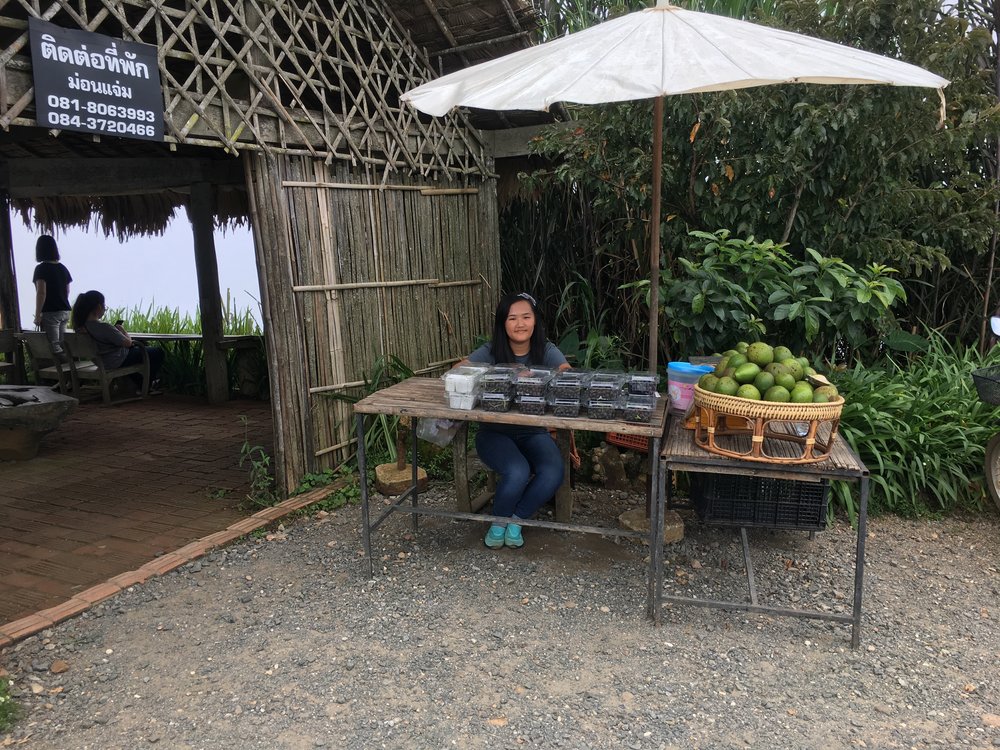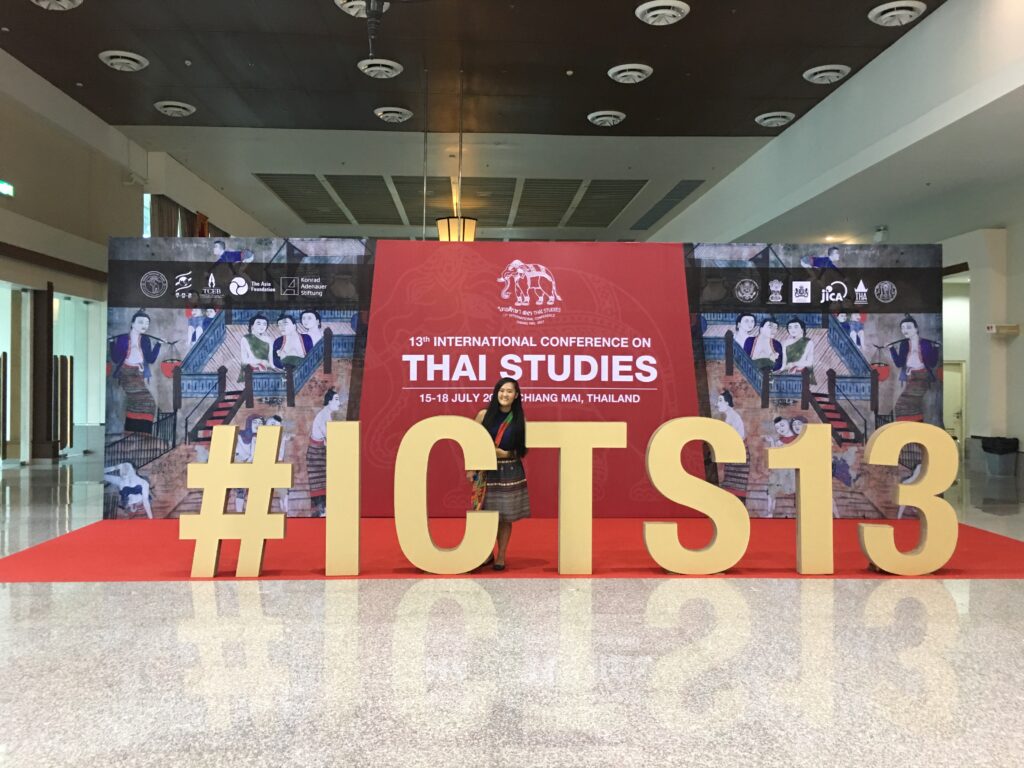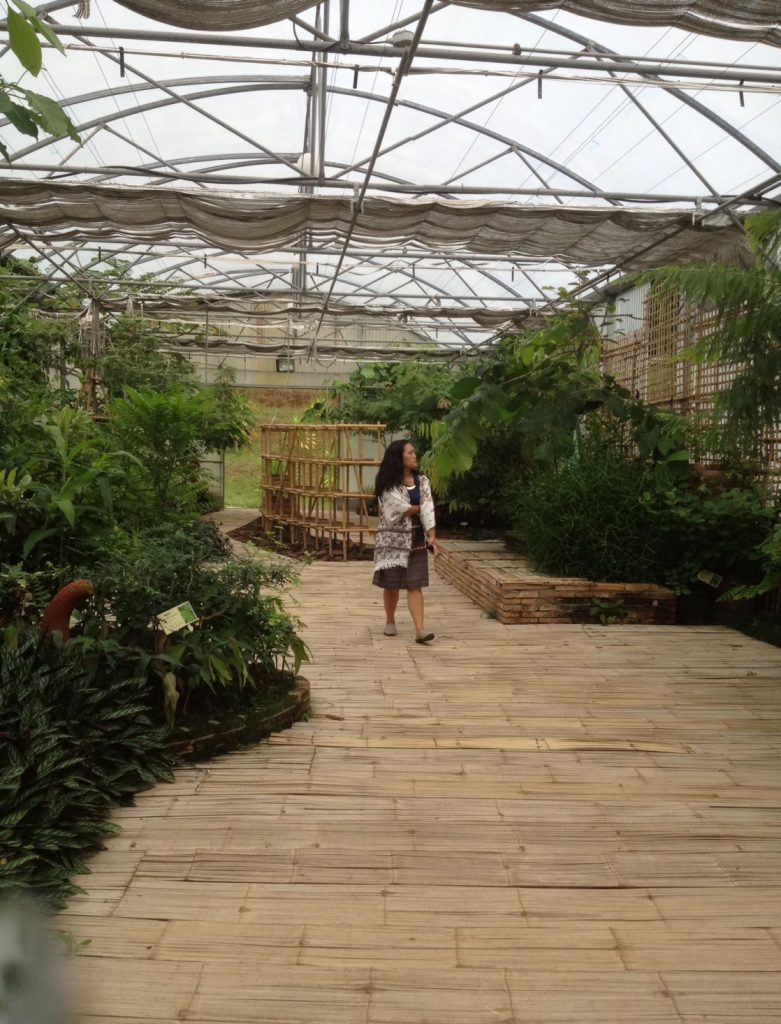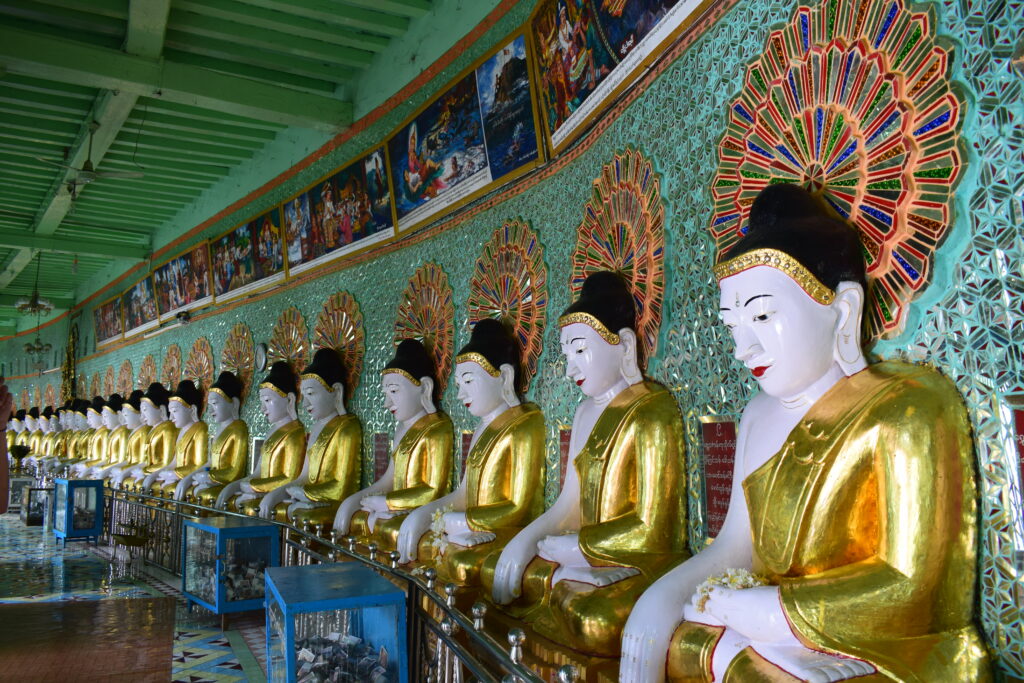Please do not use any photos without permission
Places visited in Myanmar: Bagan, Mandalay, & Yangon
Places visited in Thailand: Ayutthaya, Bangkok, Chiang Mai, Chiang Rai, Krabi
HMONG DIASPORA FIELD SCHOOL PROJECT
The ethnographic field project introduces and trains students in social science research with an emphasis on ethnographic research. We spent the first week in three cities in Myanmar learning about the country, history, and religion. The remaining three months were spent in Thailand.

While conducting my research for my project, I also served as an interpreter between Hmong and English for the other non-Hmong speaking students. Upon arrival at the village, I found out the people spoke a different dialect (Green Hmong) and often mixed their sentences with Hmong and Thai. This made it difficult for me to interpret and have conversations with others. Prior to the field school, I understood little of the Thai language. I took it upon myself to learn what I could in three months. I would remember words and sentences I couldn’t say or understand in Thai then translate them back in my room. I studied Thai for a minimum of an hour a day and did my best to use words and phrases that the local people used. This helped me adapt to their dialect. Also, conversing with my host family and studying from a dictionary I bought from the airport, helped me learn new words and phrases.
RESEARCH
Abstract My research aims to understand how Hmong shamans understand, see, and experience life in comparison to those who are not shamans. According to Innovation and Tradition in Rituals and Cosmology: Hmong Messianism and Shamanism in Southeast Asia, the Hmong shaman is a “human initiate whose function is to be the privileged intermediary between the supernatural and men.” They are the connection between the supernatural and living. I hope to understand what it is that Hmong shamans see and hear during rituals and if their daily lives are affected by being the bridge between the living and the dead.
Some of the techniques I used to gather data were participation/observation, interviews, photography, and voice and video recordings.


EXPERIENCE
Part of doing fieldwork is to immerse yourself in a different culture. Even though it may feel uncomfortable or different at times, I find that the most important and exciting part.
At a nearby resort, I was selling fruits with a local member to visitors and tourists. She taught me how to pronounce fruit names, numbers, and other Thai phrases. It helped me practice using the language but it also allowed me to engage with the village women who sold handcrafted souvenirs.


I presented at the 13th International Conference on Thai Studies in Chiang Mai, Thailand. A PDF file of my presentation can be found below.
As I attended other presentations, I learned that our interest in Thai culture was the one thing we all had in common. From language, food, history, to Buddhism, these were just a few factors that lead us to research.
There is something about being in another country and learning about their culture. Perhaps it’s being surrounded by the language, the awkward yet comfortable feeling of not understanding what’s happening around you, or our curiosity about another way of life. For me, it was all of the above. As a bilingual first-generation Hmong American daughter of refugees, language has always been of natural curiosity to me. The way we communicate with others across countries, through art, language, and even our bodies, says a lot about humans. My experience abroad has pushed me further to want to explore research, language, and the way the world works.


LINKS
Presentation: Between the Living and the Dead: Inside the Mind of a Hmong Shaman
Presentation: Beyond Visuals: Understanding Culture through Language
ACKNOWLEDGMENTS
I would like to thank my classmates, especially Kathy, who was the only student in the village with me. She challenged and taught me about her faith and religion. I want to thank the Hickman family for all the smiles and lessons.
To my host family who kindly accepted me into their family. Your generosity and smiles will always remain with me.

